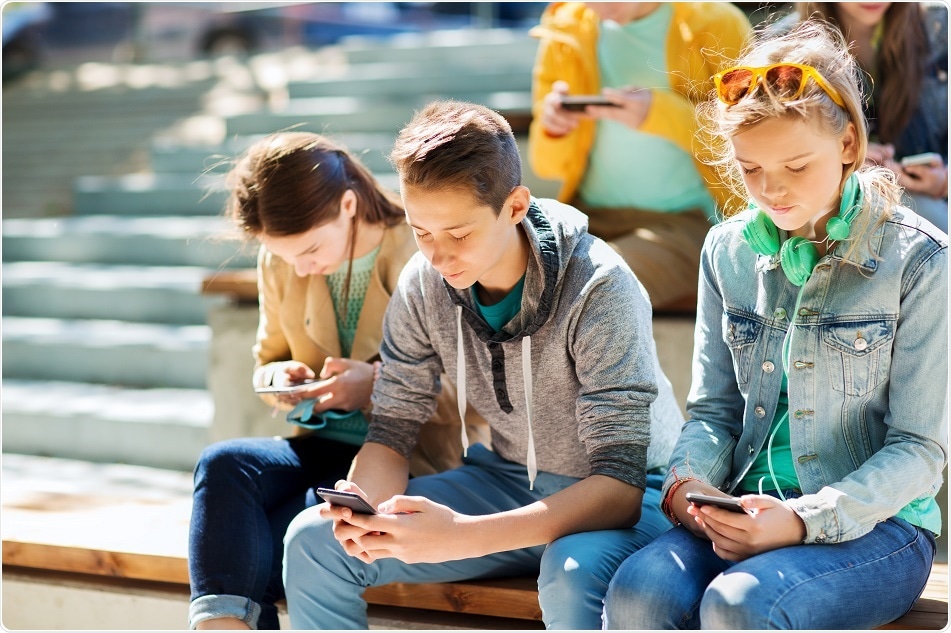
Prolonged phone usage linked to depression among youngsters, Study finds
New research conducted at San Diego State University has shown the relationship between adolescent life satisfaction and screen time.
 Credit: Syda Productions/ Shutterstock.com
Credit: Syda Productions/ Shutterstock.comThe study, published in the journal Emotion, found that Teenagers who are constantly glued to their smartphones are significantly less happy.
In order to explore this association, investigators analyzed data from the Monitoring the Future (MtF) longitudinal study—a nationwide representative survey comprising millions of U.S. 8th-, 10th-, and 12th-graders.
In this survey, the students were asked to answer a questionnaire about the total time spent on their mobiles, computers, and tablets, as well as their direct social interactions and their happiness in general.
On average, it was found that teenagers who spent an excessive amount of time on screen devices (using social media, playing computer games, video chatting, and messaging) exhibited lower levels of happiness than teenagers who spent more time engaging in non-screen activities such as reading magazines and newspapers, sports, and direct social interactions.
According to Jean M. Twenge, the lead author and professor of Psychology at San Diego State University, while the current study could not find the exact cause, various other studies have shown that more social media use leads to unhappiness, but unhappiness does not lead to more social media use.
Having no interaction with digital screen devices also doesn’t lead to happiness. The happiest teenagers used digital media for under an hour per day. However, the findings showed that daily usage of screen devices could gradually increase unhappiness.
By analyzing the historical trends from the same age groups since the 1990s, the investigators identified that prolonged use of screen devices has accounted for reduced happiness in U.S. teens. In particular, life satisfaction, happiness, and self-esteem of youngsters has been in rapid decline since 2012, the year in which America saw a 50% rise in smartphone users.
Twenge commented: "By far the largest change in teens' lives between 2012 and 2016 was the increase in the amount of time they spent on digital media, and the subsequent decline in in-person social activities and sleep. The advent of the smartphone is the most plausible explanation for the sudden decrease in teens' psychological well-being."





















.jpg)












No hay comentarios:
Publicar un comentario